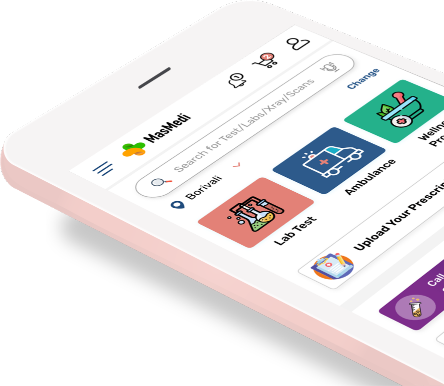Sample Type
Gender
Age Group
Blood
Male/Female
Upto 1 month
The bilirubin test is an important part of routine newborn (neonatal) diagnostic screening tests. The level of bilirubin in a newborns blood serum is measured to determine if the circulating level of bilirubin is normal or abnormal. Bilirubin is a yellow-orange bile pigment produced during the breakdown of hemoglobin, the iron-bearing and oxygen-carrying protein in red blood cells. All individuals produce bilirubin daily as part of the normal turnover of red cells. A higher than normal (elevated) bilirubin test can reflect accelerated red blood cell destruction or may indicate that bilirubin is not being excreted as it should be, suggesting that liver function problems or other abnormalities may be present. Neonatal bilirubin screening often reveals an elevated bilirubin (hyperbilirubinemia). The bilirubin test will determine if hyperbilirubinemia is present and, along with other diagnostic tests, help determine if the condition is relatively normal (benign) or possibly related to liver function problems or other conditions.
best labs
Option Near Youlab comparison
As per your budgetAffordable
Price GuaranteedUNBIASED ADVICE
On LabsSUNDAY LAB
Labs available on SundaysTracking health status made easy with the app. Now available on both Google Play Store and App Store. Book health tests and access your smart reports and health trackers anytime anywhere.
